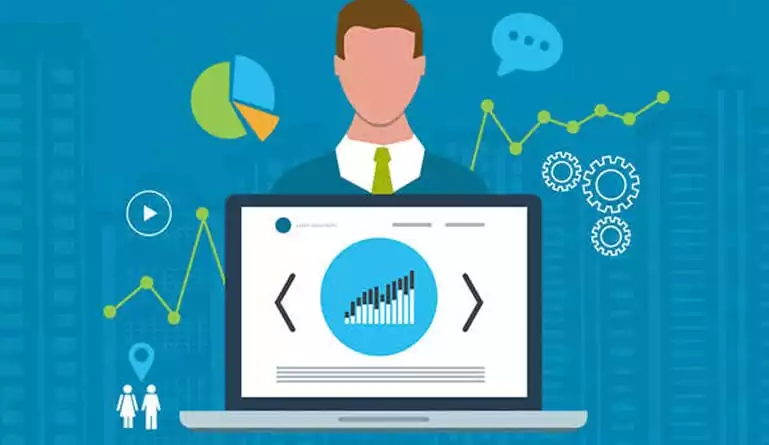Use AI technology to improve your human resource reporting.
Find out how you can use AI to more effectively measure your HR metrics.
With AI technology on the rise, maybe you’ve wondered if there’s a place for AI in the HR department. What’s the role of AI in HR analytics? We’ve taken some time to look specifically at the benefits of HR analytics, as well as how AI can help to boost the reporting and analytics of human resources groups to tell more about the health and efficiency of organizations.
Types of HR Analytics Every Manager Should Know
Analytics might not be the first thing that comes to mind when it comes to HR. Your specific HR needs might focus more on compliance with rules regulations or on employee benefits. Here are some HR analytics examples that help to demonstrate why reporting is important in every department including in HR.
Employee turnover: HR departments and businesses might have a casual idea of how much turnover there is within their organization – that is, how frequently people quit or how frequently the company must rehire for the same roles. If an HR manager is constantly posting want ads for sales associates, that might mean sales associates are quitting – or that sales are growing and they need more people to meet the demand. In order to really know if the reason is because of turnover or because of something else – as well as to measure how frequently employees are turning over, which might tell you something about the business or culture – you need to measure it with analytics.
Quality and quantity of applicants: How good are your job postings? How good is your businesses reputation? You can find the answer to these questions – and help ensure adjustments are made if you find out the answer is “not great” – by analyzing how many applicants your job postings get, specifically the quality of the applicants. Using reporting software can measure if your candidates are quality matches and report on the attributes of applicants. Do they have experience in the same industry or position? Do they have a history of helping an organization grow or working on large projects? Analytics can help you save time while answering those questions.
Culture: While the two kinds of analytics above can give you some insight into corporate culture, specific culture analytics can be important to understanding the health of your business. Using HR tools, like self-reporting software and HR surveys, you can compile and analyze data that shares the commonalities of employees’ attitudes about the culture.
The Role of AI in HR Analytics
AI is a game changing technology because of its capacity to analyze huge sets of data and find patterns and even make predictions. HR analytics tools benefit from AI because there is a lot of raw data that HR departments have access to and AI can help to sort through that quickly and efficiently. Talent management systems can incorporate AI to analyze resume keywords and other metrics to help predict the best candidates for a potential job posting, saving HR recruiters a lot of time. AI also works with other HR data analysis tools to recommend training areas or predict potential turnover.




